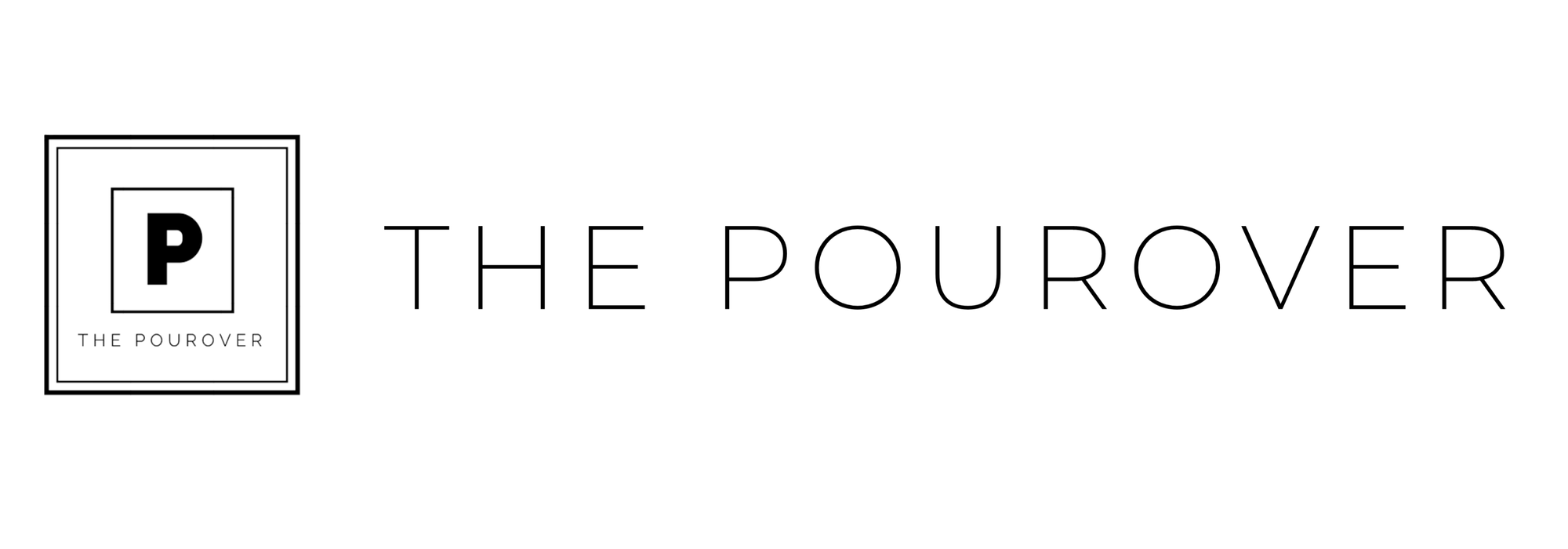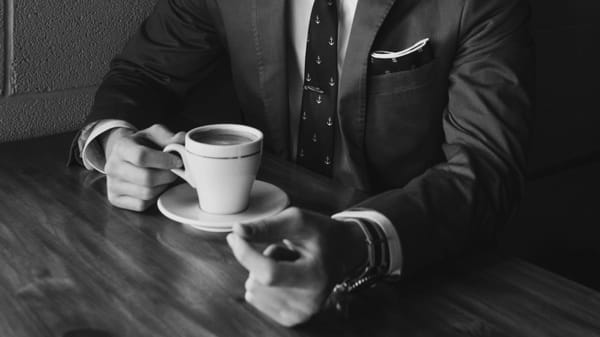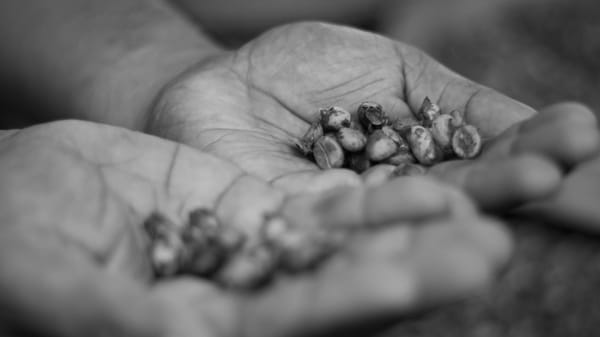COFFEE NEWS ROUNDUP: WEEK ENDING MARCH 9TH
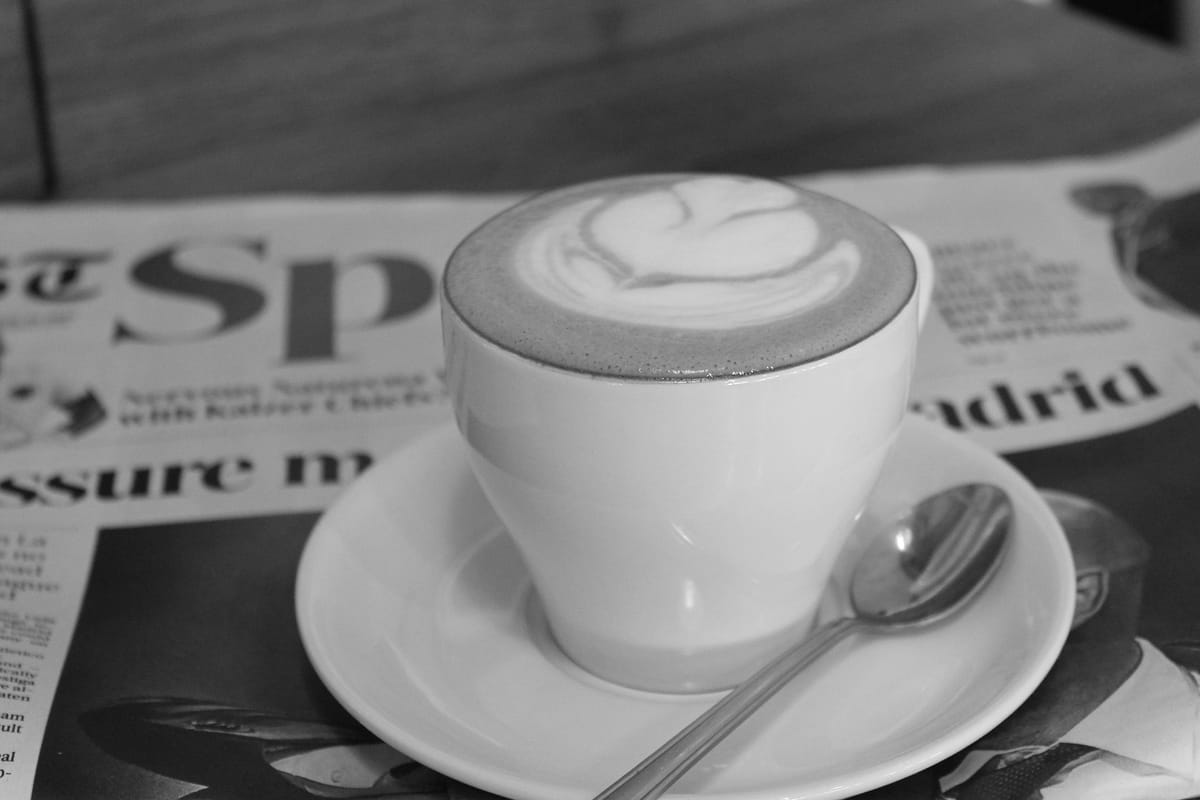

A lot has happened in the world of coffee over the past week.
It's strange that some weeks nothing seems to happen—a tumbleweed made of coffee beans rolls by—and other weeks there's more news than I can possibly recount. Luckily most of the time there's at least something newsworthy going on in the industry, even if it's just the latest ridiculous coffee flavor being release by some awful chain or other.
So without further ado, let's dive into the goings-on around the coffee world.
Latte Levy: Environmental Campaigners Angry After Ministers Reject 25p Disposable Coffee Cup Charge - via Huffpost UK
The UK government has rejected the so-called "latte levy" on disposable coffee cups recently proposed by the Environmental Audit Committee. The government's reasoning is that the tax would undermine their emphasis on “producer responsibility”, whatever that means.
They also rejected the plan to make it mandatory for takeaway cups to have information about recycling schemes, instead suggesting that such labels should be voluntary. Because that'll happen.
The latte levy itself has proven controversial, with James Hoffmann and the United Baristas blog both giving excellent opinions on the pros and cons. I recommend reading both if you'd like to understand the coffee industry's reaction to this whole kerfuffle.
Read more here.
Importer Nordic Approach Launches New Sourcing Company, Tropiq - via Daily Coffee News
Respected coffee importer Nordic Approach is launching a sister company, Tropiq, in collaboration with Tim Wendelboe and others. Their goal is to have more of a local presence at origin, as well as leverage their existing connections to source even better coffee for their customers.
As Nordic Approach founder Morten Wennersgaard told Daily Coffee News, "Tropiq is more of a sourcing company and a service provider to roasters and importers buying coffees direct in bigger volumes from coffee producing countries. We build relationships and present coffees to the buyer (roaster). Tropiq buys the coffees from the producers and resells it to roasters more or less in parallel, making sure the coffees are followed up through the supply chain and are up to standard at arrival…"
They will look to deepen their relationships with farmers and others in origin countries, and are focused on transparency as an integral part of their role in the supply chain.
Read more here.
Costa Coffee brings out three new flat whites - via Cosmopolitan
What fresh hell is this?
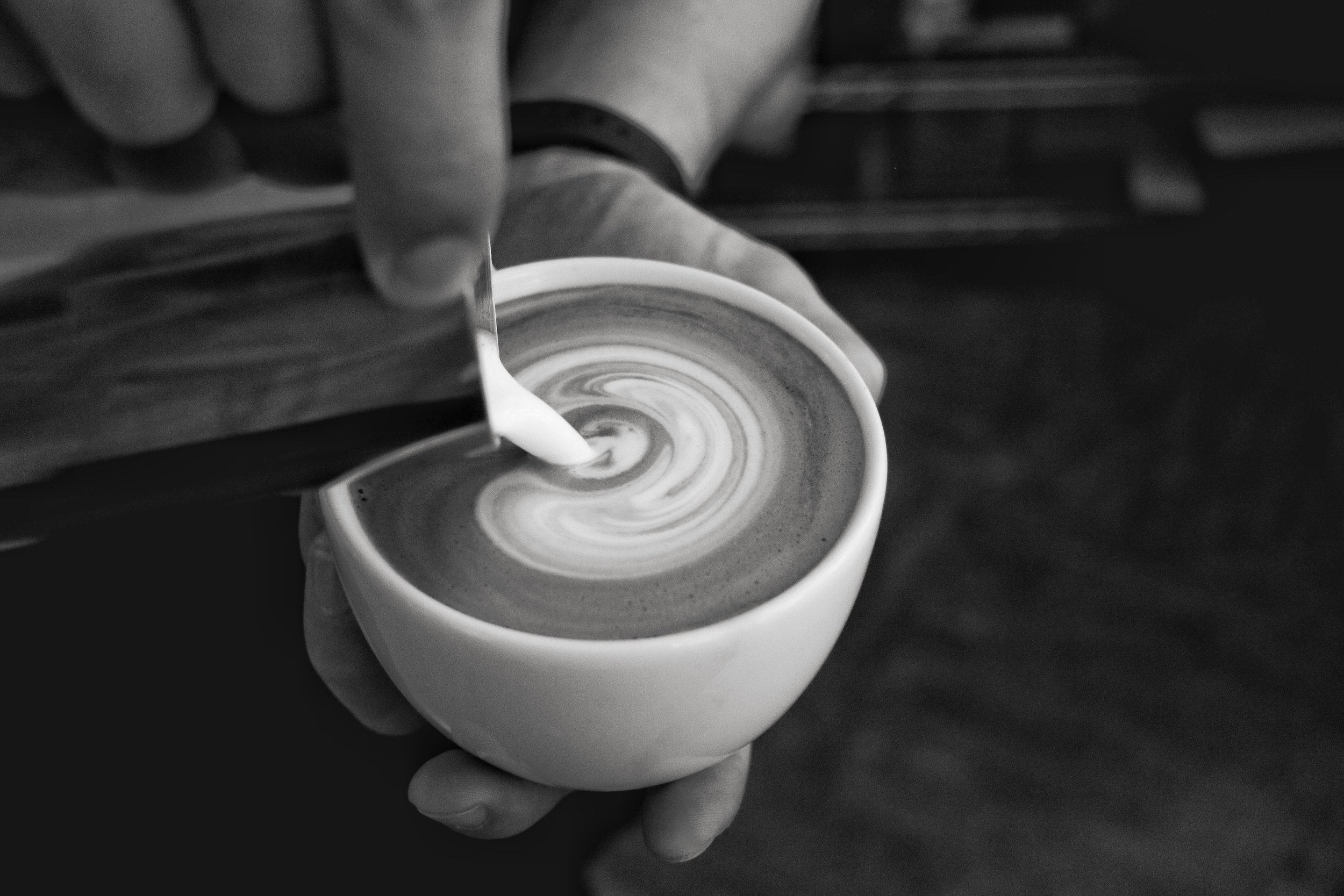
If it wasn't enough that no one even knows what a flat white is, the big chains in the UK have in recent years released their own versions of the confusing not-quite-but-basically-a-latte drink. In much the same way that Starbucks took the name macchiatto and turned it into an abominable milkshake disaster, the flat white has lost much of whatever credibility it once had.
To make things worse, Costa has just announced three new variations on the flat white, including one called the flat black, the description of which is basically a word jumble. On their website, Costa says: "For a strong but smooth taste, we only use a shorter, purer cortissimo shot - more coffee extracted for just 15 seconds."
I don't know what those words are supposed to mean.
There's also a coconut flat white, which isn't so much a new drink as an old drink with different milk, and a flat mocha which is just a mocha with the word "flat" bolted to the front to make it sound fancy. It's not.
Read more here.
Starbucks Opens its Spectacular Costa Rican Coffee Farm to the Public - via Daily Coffee News
Speaking of huge chains co-opting the third wave of coffee, Starbucks has decided to open its flagship 600-acre coffee farm in Costa Rica to the public. With a 46,000 square foot visitor center, Starbucks aims to give guests "an immersive seed-to-cup coffee experience", according to Daily Coffee News.
It's true that Starbucks does a lot of good in producing countries, from building schools and improving healthcare to investing in coffee agronomy programs meant to help farmers deal with climate change. And they buy a lot of coffee, over long contracts, providing stable incomes for their growing partners. Compared to a other big coffee chains, Starbucks' environmental practices seem to measure up. For more information, it's worth reading this article, also from Daily Coffee News, which explores Starbucks' ethics in more detail.
Customers can now see for themselves how Starbucks works at origin, from seedling nurseries to a greenhouse growing disease-resistant coffee varieties, to a coffee bar where coffees grown and roasted right there on the farm can be sampled. It's basically Disneyland for Starbucks nerds.
Read more here.
Union accused of tricking developer into paying ‘coffee boys’ $42 an hour - via NY Post
Never mind a barista, I should clearly be a union-backed "coffee boy".
According to a lawsuit, Manhattan's largest property developer was tricked into paying $42 per hour (plus more in overtime) to a couple of union members to deliver coffee to workers at the Hudson Yards construction project. Overtime pay was $64.
The union claims the lawsuit is "likely a retaliatory response to a movement in New York City, known as #CountMeIn, protesting open shop and non-union development.”
Either way it sounds like a sweet gig.
Read more here.
Is Coffee Good For You?
Have you ever noticed that, depending on what time you have your first cup of coffee, the caffeine affects you differently? Drink it too early and it doesn't do anything; drink it too late and you get the jitters (or worse, a headache)? Well, that's because there's an ideal time of day to drink coffee, according to science.
If you wake up at around 6.30am (like most people do, apparently), then your cortisol (aka stress hormone) levels will peak between 8 and 9. Caffeine mimics cortisol, so adding caffeine to your body when your cortisol levels are at their highest will just make you more stressed. At 9am your cortisol levels start to drop off, which is when you should have your first cup of coffee to keep things ticking over nicely.
Obviously these times will change depending on your personal sleep habits and caffeine intake.
Cortisol levels go up again and peak between noon and 1pm, and then between 5.30 and 6.30pm, so around 1.30 and 7 are the best times for more coffee if that's your thing (I think I'd have a heart attack if I drank that much coffee, but that's just me).
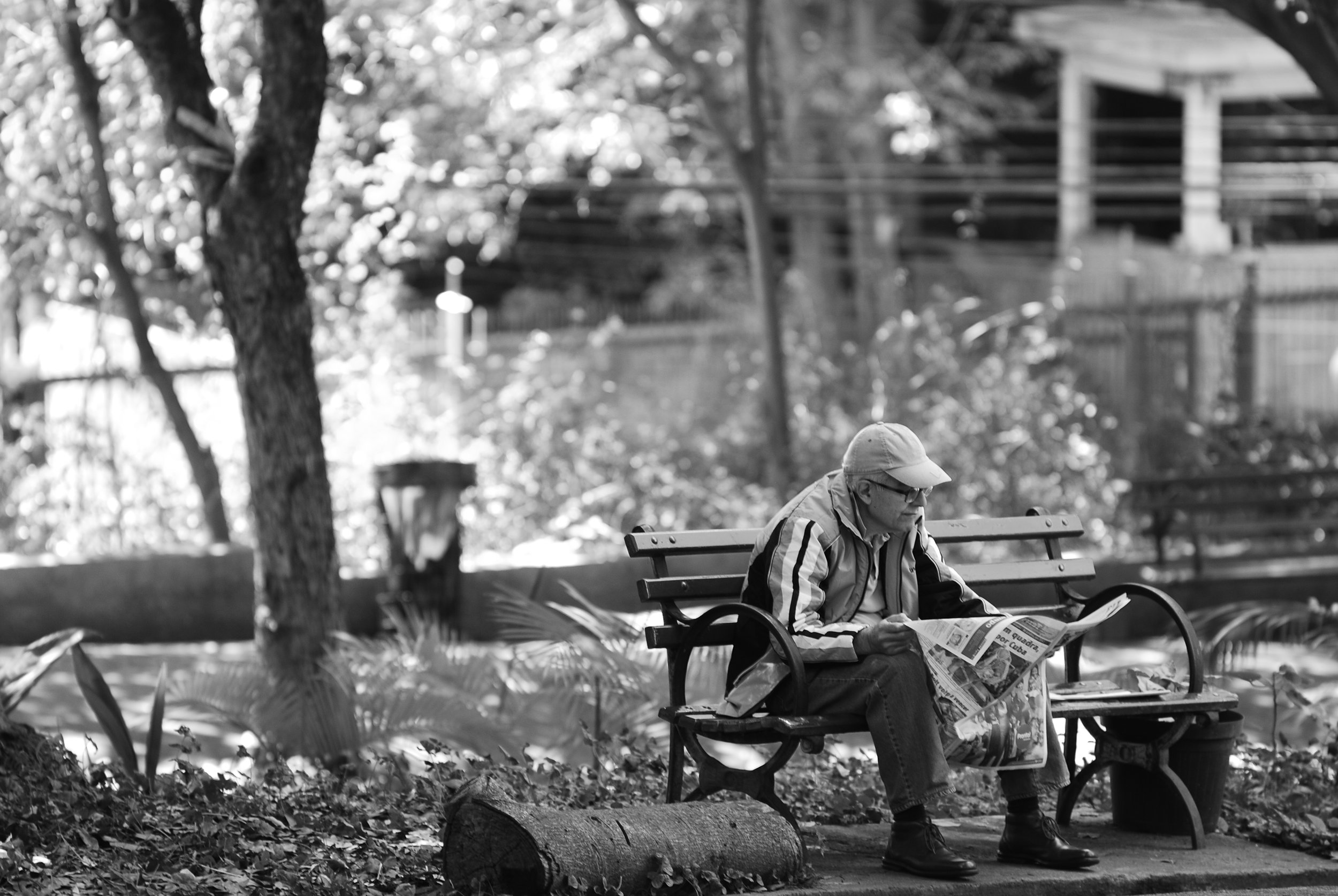
What to Read
Value Coffees: Searching For The Exceptional At Everyday Prices by Kenneth David
Cryptocurrency And Blockchain In Coffee, Part 1: Retail by Howard Bryman
Staying Sharp: How Utrecht’s Dagger Coffee Was Born Out Of Competition by Karina Hof
10 Minutes With Alicia Adams by Ashley Rodriguez
And my latest, The Joy Of Cafes, Or: Why You Should Sit And Enjoy Your Coffee
Until next week, drink good coffee. In the cafe, please.
